Mullein Tea Benefits: 11 Science-Backed Health Advantages
Once you try this beverage, you will wonder why you never considered it before.
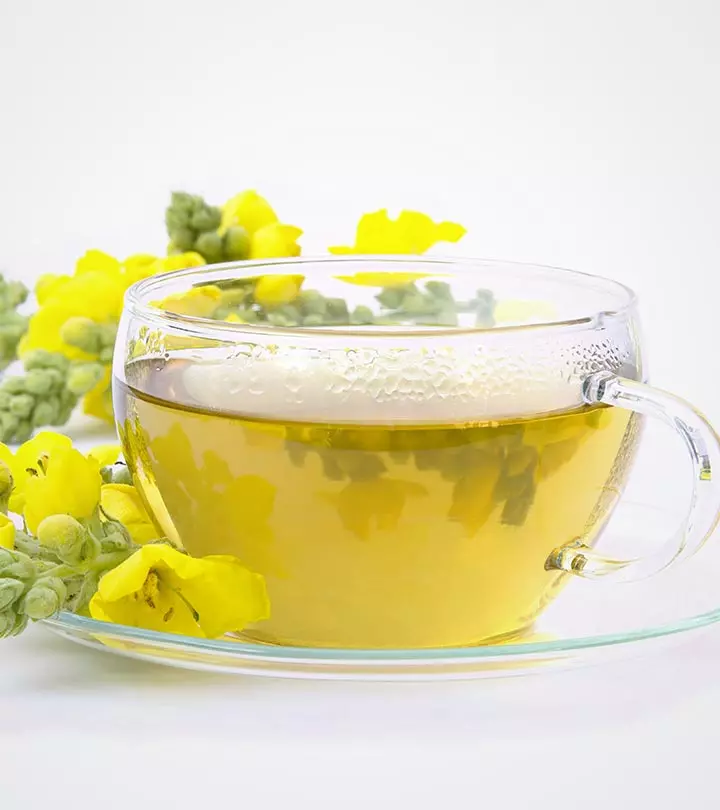
Image: Shutterstock
Mullein tea is a caffeine-free herbal beverage known for its sedative and astringenti A liquid chemical that deeply cleanses and tightens the skin and maintains the skin's pH balance. properties.

This herbal tea is made from the leaves of the flowering plant mullein (Verbascum thapsus), which is native to Europe and Asia. Mullein benefits are several due to its antioxidant, antibacterial, and antiviral properties.
Mullein tea is a decoction also known for its refreshing and aromatic taste. Its intake may help treat many respiratory conditions, fight viral infections, relieve sleeping issues, and aid tuberculosisi A bacterial infection that affects the lungs, which can spread through tiny droplets released into the air due to cough or sneezing. treatment.
 Know Your Ingredient: Mullein Tea
Know Your Ingredient: Mullein TeaWhat Is It?
A caffeine-free herbal beverage made from mullein leaves, known for its delightful taste and aroma.
What Are Its Benefits?
It has antibacterial, demulcent, sedative, antimicrobial, and antioxidant properties.
Who Can Consume It?
People who suffer from insomnia, viral infections, respiratory issues, poor digestive health, skin infections, and joint pain should take it.
How Often?
2-3 cups a day can be consumed regularly.
Caution
Prolonged or excessive use of mullein tea can cause breathing problems and skin irritation.
In this article, we have discussed the health benefits of mullein tea, how to make it, where to buy it, and its side effects. Keep reading!
In This Article
Health Benefits of Mullein Tea
Olesya Wilson, Certified Nutritionist, says,“ Mullein is an ancient herb that has been used for hundreds of years to soothe and promote a healthy respiratory system. Tea brewed from this herb is caffeine-free and can soothe symptoms of coughs, colds, and asthma.”
Key Takeaways
- Mullein tea helps to eliminate sleeping issues.
- It aids in improving respiratory issues like asthma.
- Drink this tea to eliminate toxins from the body and clear constipation.
- To make the tea, mullein leaves in a cup of water, boil it for 15 mins, strain it, and then add sugar or honey as you like.
- Regularly drink this tea to lower the risk of tuberculosis.
Traditional Uses of Mullein Tea
Mullein tea has a long history of use in traditional medicine. Ancient Greeks, Native Americans, and Europeans have all incorporated mullein into their healing practices. It was used to treat a variety of ailments, including coughs, colds, asthma, ear infections, and more.
Erin Murnane, Accredited Practicing Dietitian and Nutritionist, says, “Some people also use it for pain relief, sore throats and mild digestive issues.”
The plant’s versatility and effectiveness have contributed to its enduring popularity throughout history.
Mullein Tea Nutrition Facts
Dried mullein flowers (200 grams) comprise 4.18% of total polyphenols, which are natural compounds beneficial for health. The other main components in mullein extract include rosmarinic acid (14.93 mg/g), caffeic acid (39.96 mg/g), ferulic acid (29.61 mg/g), and quercetin (17.29 mg/g). These components are known for their potential health benefits (1).
Cassie Davenport, a Naturopath and Clinical nutritionist, says, “Several phytoconstituents are responsible for the benefical effects on the respiratory system such as flavonoids; coumarin, hesperidin & saponins. The bioavailability of these phytoconstituents are responsible for the anti-oxidant, anti-inflammatory, anti-bacterial & anti-microbial effects.”
The extract also contains antioxidants. These, when used at concentrations of 100 and 200 μg/mL, were found to reduce inflammation in the endothelial cells of the human umbilical vein by 55-58.8%.
Dr Liz Isenring, says, “As part of a healthy lifestyle and anti inflammatory eating program, Mullein tea may be beneficial for some individuals, however always important to discuss with your doctor. Good idea to get assessment of your eating habits if looking to include more anti inflammatory foods to help with symptoms”.
Let’s take a look at its benefits.
1. May Treat Respiratory Conditions
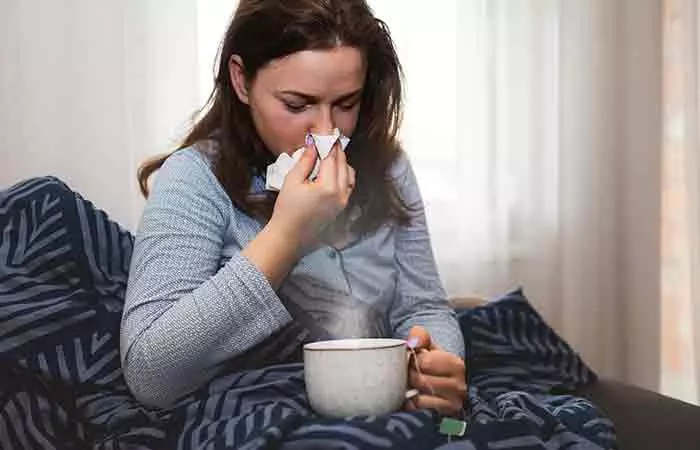
Mullein tea may help combat several respiratory ailments like cold, cough, congestion, and bronchitis. It can also offer relief from sore throat. The antibacterial properties of mullein may help treat inflammation and infection in the respiratory tract (2).
Mullein tea may help relieve asthma, which causes swelling in the airways and results in shortness of breath, wheezing, and coughing (3), (4). Mullein is said to possess expectorant, mucolytic, and demulcent properties that promote sputum secretion. This reduces cough, helps with the clearance of mucus from the airways, and relieves irritation of the mucous membranes (2).
Its flowers and leaves are used for treating a wide range of respiratory ailments, such as chills and flu, tuberculosisi A bacterial infection that affects the lungs, which can spread through tiny droplets released into the air due to cough or sneezing. , bronchitis, pneumonia, asthma, tonsillitisi Inflammation of the tonsils, located at the back of the throat, which can lead to difficulty swallowing, throat pain, or fever. , and tracheitis (3). However, more human studies are needed to prove these claims.
Looking for a refreshing alternative? Try peppermint tea. Peppermint tea benefits, just like mullein tea, are calming for soothing your respiratory system.
Rosemarie Thompson, a research administrator at a medical university, documented her experience of using mullein tea for her chest congestion in her blog. She said “I will say, that after one cup my chest didn’t feel as tight, and the phlegm started to loosen up about an hour later. Not much, but it was only one cup. It was a start (i).”
2. May Help Fight Viral Infections
Mullein tea is said to have antiviral activity and may help fight certain viral infections. In one study, mullein extracts showed antiviral activity against influenza virus (6). Another study conducted by the National University of Rio Cuarto found that the methanolic extracts of mullein may fight against the pseudorabies virusi An infectious virus that can cause swine infections in humans and can spread to other cattle, cats, dogs, etc. (7).
Alcoholic extracts of mullein were found to exhibit antiviral activity against pseudorabies virusi An infectious virus that can cause swine infections in humans and can spread to other cattle, cats, dogs, etc. (8). However, more long-term research is required to understand this benefit of mullein in humans.
3. Exhibits Antibacterial Properties
Mullein tea may exhibit antibacterial properties. A study conducted by the Islamic Azad University found that the ethanolic extract of mullein has antimicrobial and antioxidant properties. They act against certain bacterial strains, including Bacillus cereus (9).
Since ancient times, mullein has been used as an effective natural remedy to treat infectious diseases. Another study conducted by the Jundishapur University of Medical Sciences found that aqueous-alcoholic extracts of mullein possess some antibacterial effects (10).
4. May Relieve Issues With Sleep
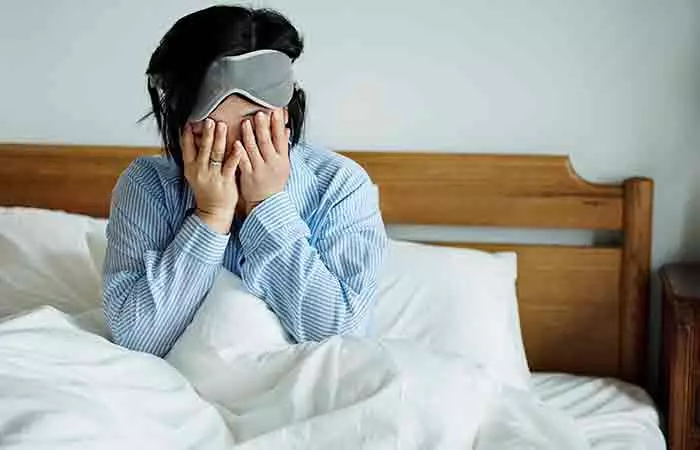
According to Olesya Wilson, “Mullein tea will not make you drowsy or sleepy, but the relief it provides to uncomfortable symptoms may allow you to sleep better.”
Insomnia is a growing issue among men and women belonging to various age groups. Mullein tea may act as a natural sedative and help relieve sleeping problems (2).
The roots, leaves, and flowers of the mullein plant also possess sedative properties that help treat issues with sleep (11). Experts believe that there is a compound in this tea that acts as a natural sedative and helps induce sleep. More research is needed to understand this compound and its mechanism.
5. May Aid Tuberculosis Treatment
Several studies state mullein to be a potential treatment option for tuberculosisi A bacterial infection that affects the lungs, which can spread through tiny droplets released into the air due to cough or sneezing. . It could also help in the treatment of skin disorders and leprosyi A chronic bacterial disease that damages the nerves and leads to the formation of skin sores or lumps in the body.
However, more studies are needed to establish its potential as a treatment for tuberculosisi A bacterial infection that affects the lungs, which can spread through tiny droplets released into the air due to cough or sneezing. .
6. May Improve Digestive Health
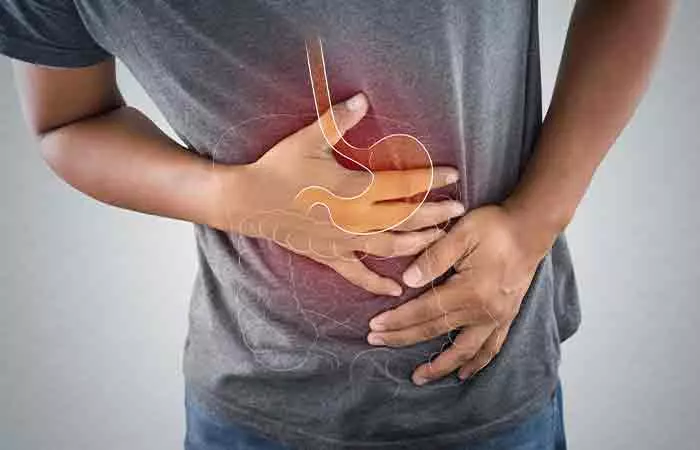
The consumption of mullein tea may help improve a number of digestive issues.It may provide relief from diarrhea and constipation by clearing the digestive system (4), (12). It may also help cope with bowel related problems and help your body eliminate toxins easily.
7. May Soothe Skin Conditions
Mullein tea possesses anti-inflammatory properties that help treat skin problems. You can also use the oil to get relief from a variety of skin infections.
The tea may help heal blisters, wounds, and small cuts. The oil made from the mullein flowers can be applied externally on affected areas in the case of eczema and other inflammatory skin conditions (14). You may also topically apply mullein leaf extract on sores and wounds. Anecdotal evidence suggests that it can have a calming effect on the skin.
8. May Help Relieve Joint Pains And Muscle Spasms

Mullein tea has anti-inflammatory and analgesic-like propertiesi Substances that help relieve pain by blocking pain signals sent by the nervous system to the brain. due to the presence of a compound called verbascoside. This compound has been proven to exhibit anti-inflammatory properties and the ability to ease muscle and joint pains. Mullein tea’s anti-inflammatory properties may make it ideal for use in treating joint pain (13). This herb may reduce inflammation. The antispasmodic effect of this herbal tea may help treat muscle spasms (15).
9. May Treat Thyroid Issues
Anecdotal evidence suggests that intake of mullein tea may improve thyroid-related problems. The tea may help treat an overactive thyroid gland (a condition called hyperthyroidism). A formula created by a noted doctor had mullein as one of its constituents. This formula was specifically targeted to treat thyroid issues (16). However, research in this aspect is limited. We need more studies to substantiate the therapeutic effects of mullein tea for thyroid issues.
10. May Treat Headache

The leaves and fruits of the mullein herb have been effectively used for several years to treat migraines. A study conducted by the Abant Izzet Baysel University found that the herbal extracts of mullein may help relieve headaches (17).
11. May Help Treat Ear Infections
Mullein leaves have been used to treat ear infections. Those with ear ailments may try the remedy after consulting their doctor. A study conducted by the Tel Aviv University on 171 children found that ear drops containing mullein extracts may help treat ear-related infections (18).
However, remember that while mullein tea has been a part of traditional remedies, it cannot be a substitute for professional medical treatment. Self-treatment may not be appropriate for all individuals, hence professional guidance is always recommended. Please consult a healthcare provider before incorporating mullein tea into your routine, particularly if you have underlying health conditions or are taking medications.
 Did You Know?
Did You Know?Multiple Native American tribes were known to drink mullein tea to treat coughs and colds.
If you want to learn how to make mullein tea, you can check out the following recipe. You can brew the tea with either dried or fresh leaves.
How To Make Mullein Tea
Ingredients
- Dried leaves of mullein
- One cup of water
- Raw honey or sugar (for taste)
Procedure
- Add a small handful of dried leaves to a cup (240 mL) of boiling water.
- Steep them for 15–30 minutes.
- Use a strainer or cheesecloth and remove as many of the leaves as possible to prevent throat irritation.
- You can add raw honey or sugar to this infusion for taste.
Note:
Fresh leaves may impart a slightly different flavor profile and potentially contain more nutrients due to the lack of processing.
 Quick Tip
Quick TipMullein Tea Dosage
There is no specific amount of mullein tea that one should consume. As per the general consensus, it is sufficient and safe to drink 1-2 cups of mullein tea per day to reap its benefits. However, as with all drinks, avoid consuming too much of it in a day.
Where To Buy Mullein Tea
You can find mullein dried leaves, tea bags, extracts, tinctures, and capsules in health food stores. You can also procure them online.
Though mullein tea is generally safe for consumption, it does have a few side effects that you need to keep in mind. Check them out in the next section.
What Are The Side Effects Of Mullein Tea?
Mullein plant tea does not have any documented potential risks on humans. The few reactions that may occur in some users are not fatal. Studies do not show any side effects on pregnant women as well. However, anecdotal evidence suggests expectant mothers avoid prolonged use of any compound that contains mullein.
Alicia Chacha Miller, MS, RD, LDN, says, “While most people can tolerate mullein tea well, for some it may cause minor irritation of the throat or skin, often due to tiny hairs from the leaves if the tea hasn’t been strained well. As with any herbal remedy, it’s a good idea to talk to your healthcare provider before making it a regular part of your routine, especially if you’re pregnant, breastfeeding, or dealing with a chronic condition.”
Other potential adverse effects mullein tea may cause include the following:
- Skin Irritation
Some individuals have reported skin irritation after using mullein extracts in tea and other forms. Avoiding the extract may cure the skin irritation in such people.
- Breathing Issues
Mullein leaves are fluffy and hairy. If they get stuck in the throat, they may cause breathing issues. This usually happens when you make the tea and do not strain the mixture well. In some isolated cases, people taking the tea have reported difficulty inhaling and inflammation of their chest walls. However, medical intervention is not required in most instances.
Dr. Krutika Nanavati, RDN, says, “People with sensitive digestive systems may experience stomach upset if they consume it in excess. Those with allergies to plants in the Scrophulariaceae family, like figwort, should be cautious, as cross-reactivity is possible.”
The side effects are not backed by research. Hence, if you experience any of them, visit your doctor right away.
Infographic: 5 Ways Mullein Tea Can Help You + How To Make It
Mullein tea’s antimicrobial, anti-inflammatory, and expectorant properties are making it popular worldwide. It is free of caffeine and tastes refreshingly good. Consuming it regularly can boost your health in numerous ways. In the infographic below, we have listed the 5 major benefits of mullein tea and how to make it at home. Take a look.
Some thing wrong with infographic shortcode. please verify shortcode syntaxThe benefits of mullein tea go beyond its delicious flavor. This nutritious beverage has natural anti-inflammatory and antibacterial properties that may help soothe respiratory problems and ear infections. In addition, mullein tea may help promote digestive health and overall wellness. It is also good for relieving pain and spasms, thyroid issues, and headaches. However, excess intake may lead to skin irritation or breathing issues. If you experience any adverse effects, limit its use and seek medical advice.
Frequently Asked Questions
Is mullein tea good for COPD?
“Due to its therapeutic effects on respiration, mullein tea can provide relief from the symptoms of COPD,” says Olesya Wilson.
Can I drink mullein tea before bed?
Wilson says,“ Bedtime would be an ideal time to drink mullein tea. The relief of symptoms and reduction of inflammation will help you get more rest.”
How many cups of mullein tea should I drink?
You can have 3 to 4 cups of mullein tea per day at regular intervals. It is generally considered safe to consume and has no documented side effects. However, limit or stop its intake if you notice any skin irritation or breathing difficulties.
What does mullein do for the lungs?
Mullein has been used as a remedy for clearing excess mucus in the lungs thanks to its expectorant properties (19).
Is it better to drink mullein tea hot or cold?
Using cold water instead of hot water may optimize the tea’s lung-benefitting properties. However, limited research is available to prove this claim.
Is mullein good for kidneys?
Mullein has been traditionally used for treating kidney dysfunctions (20).
Can you drink mullein tea before bed?
Yes. You can drink mullein tea before bed. This herbal tea acts as a natural sedative and helps treat sleep issues (2).
Is mullein good for sinus?
Mullein has been used as a wonderful remedy for treating many respiratory issues, including sinusitis (21).
Is mullein tea good for smokers?
Mullein tea is good for smokers. It helps in soothing inflamed lungs and prevents coughing.
Discover the unbelievable health benefits of mullein tea! From boosting immunity to relieving respiratory issues, click on this video to see how it can positively impact your overall health.
Personal Experience: Source
StyleCraze's articles are interwoven with authentic personal narratives that provide depth and resonance to our content. Below are the sources of the personal accounts referenced in this article.
i. Mullein Tea to the Rescuehttps://sanctuarygardener.wordpress.com/2014/01/24/mullein-tea-to-the-rescue/
References
Articles on StyleCraze are backed by verified information from peer-reviewed and academic research papers, reputed organizations, research institutions, and medical associations to ensure accuracy and relevance. Read our editorial policy to learn more.
- Correlation between polyphenol content and anti-inflammatory activity of Verbascum phlomoides (mullein)
https://pubmed.ncbi.nlm.nih.gov/23627472/ - Ali, Niaz et al. “Anthelmintic and relaxant activities of Verbascum Thapsus Mullein.” BMC complementary and alternative medicine vol. 12 29.
https://www.ncbi.nlm.nih.gov/pmc/articles/PMC3350428/ - Assessing the Effectiveness of Mullein on Respiratory Conditions Such as Asthma, ResearchGate
https://www.researchgate.net/publication/308991417_Assessing_the_Effectiveness_of_Mullein_on_Respiratory_Conditions_Such_as_Asthma - Horak, Fritz et al. “Diagnosis and management of asthma – Statement on the 2015 GINA Guidelines.” Wiener klinische Wochenschrift vol. 128,15-16 (2016): 541-54.
https://www.ncbi.nlm.nih.gov/pmc/articles/PMC5010591/ - Rodriguez-Fragoso, Lourdes et al. “Risks and benefits of commonly used herbal medicines in Mexico.” Toxicology and applied pharmacology vol. 227,1 (2008): 125-35.
https://www.ncbi.nlm.nih.gov/pmc/articles/PMC2322858/ - Rajbhandari, M et al. “Antiviral activity of some plants used in Nepalese traditional medicine.” Evidence-based complementary and alternative medicine : eCAM vol. 6,4 (2009): 517-22.
https://www.ncbi.nlm.nih.gov/pmc/articles/PMC2781767/ - Escobar FM, Sabini MC, Zanon SM, Tonn CE, Sabini LI. Antiviral effect and mode of action of methanolic extract of Verbascum thapsus L. on pseudorabies virus (strain RC/79). Nat Prod Res. 2012;26(17):1621–1625.
https://pubmed.ncbi.nlm.nih.gov/21999656/ - Zanon SM, Ceriatti FS, Rovera M, Sabini LJ, Ramos BA. Search for antiviral activity of certain medicinal plants from Córdoba, Argentina. Rev Latinoam Microbiol. 1999;41(2):59–62.
https://pubmed.ncbi.nlm.nih.gov/10932751/ - Mahdavi S, Amiradalat M, Babashpour M, Sheikhlooei H, Miransari M. The antioxidant, anticarcinogenic and antimicrobial properties of Verbascum thapsus L [published online ahead of print, 2019 Aug 28]. Med Chem. 2019.
https://pubmed.ncbi.nlm.nih.gov/31456524/ - Tabari, MohaddesehAbouhosseini. “Antimicrobial Activity of Aqueous-Alcoholic Extracts and the Essential Oil of Verbascum thapsus L.” Jundishapur Journal of Natural Pharmaceutical Products 10.3 (2015).
https://www.researchgate.net/publication/281561649_Antimicrobial_Activity_of_Aqueous-Alcoholic_Extracts_and_the_Essential_Oil_of_Verbascum_thapsus_L - Turker, Arzu Ucar, and Ekrem Gurel. “Common mullein (Verbascum thapsus L.): recent advances in research.” Phytotherapy Research: An International Journal Devoted to Pharmacological and Toxicological Evaluation of Natural Product Derivatives 19.9 (2005): 733-739.
https://www.researchgate.net/publication/7542947_Common_mullein_Verbascum_thapsus_L_recent_advances_in_research - McCarthy, Eibhlín, and Jim M O’Mahony. “What’s in a Name? Can Mullein Weed Beat TB Where Modern Drugs Are Failing?.” Evidence-based complementary and alternative medicine : eCAM vol. 2011 (2011): 239237.
https://www.ncbi.nlm.nih.gov/pmc/articles/PMC2952292/ - Wink, Michael. “Modes of Action of Herbal Medicines and Plant Secondary Metabolites.” Medicines (Basel, Switzerland) vol. 2,3 251-286.
https://www.ncbi.nlm.nih.gov/pmc/articles/PMC5456217/ - Diker, N Yagmur et al. “The evaluation of sterile solutions of Ilwensisaponin A and C from Verbascum pterocalycinum var. Mutense Hub.-Mor. on antiviral, antinociceptive and anti-inflammatory activities.” Saudi pharmaceutical journal : SPJ : the official publication of the Saudi Pharmaceutical Society vol. 27,3 (2019): 432-436.
https://www.ncbi.nlm.nih.gov/pmc/articles/PMC6438783/ - Ali, Niaz et al. “Anthelmintic and relaxant activities of Verbascum Thapsus Mullein.” BMC complementary and alternative medicine vol. 12 29.
https://www.ncbi.nlm.nih.gov/pmc/articles/PMC3350428/ - Botanical Medicine for Thyroid Regulation, Alternative and Complementary Therapies, ResearchGate.
https://www.researchgate.net/publication/244889874_Botanical_Medicine_for_Thyroid_Regulation - Turker AU, Gurel E. Common mullein (Verbascum thapsus L.): recent advances in research. Phytother Res. 2005;19(9):733–739.
https://pubmed.ncbi.nlm.nih.gov/16222647/ - Sarrell EM, Cohen HA, Kahan E. Naturopathic treatment for ear pain in children. Pediatrics. 2003;111(5 Pt 1):e574–e579.
https://pubmed.ncbi.nlm.nih.gov/12728112/ - McCarthy, E., & O’Mahony, J. M. (2010). What’s in a name? Can Mullein Weed beat TB where modern drugs are failing?. Evidence-Based Complementary and Alternative Medicine, 2011.
https://www.ncbi.nlm.nih.gov/pmc/articles/PMC2952292/ - Verbascum
https://www.sciencedirect.com/topics/pharmacology-toxicology-and-pharmaceutical-science/verbascum - A Herbal Formula in the Therapy of Acute Postviral Rhinosinusitis
https://www.ncbi.nlm.nih.gov/pmc/articles/PMC8054925/
Read full bio of Mayuri Aavula
- Dr. Krutika Nanavati is a highly esteemed Sports Nutritionist and Ph.D. graduate, holding multiple certifications, including First Aid, Phlebotomy, and Personal Training from the American Council on Exercise. With over six years of experience, she specializes in recovery-focused nutrition, tailoring strategies to individual food preferences, lifestyles, schedules, and sports activities. As an on-field sports nutritionist, she works closely with athletes to optimize performance and recovery.Dr. Nanavati has published a peer-reviewed article on muscle damage and won the Visualize Your Thesis Competition at Massey University. She is also a registered dietitian nutritionist.
 Dr. Krutika Nanavati is a highly esteemed Sports Nutritionist and Ph.D. graduate, holding multiple certifications, including First Aid, Phlebotomy, and Personal Training from the American Council on Exercise. With over six years of experience, she specializes in recovery-focused nutrition, tailoring strategies to individual food preferences, lifestyles, schedules, and sports activities. As an on-field sports nutritionist, she works closely with athletes to optimize performance and recovery.Dr. Nanavati has published a peer-reviewed article on muscle damage and won the Visualize Your Thesis Competition at Massey University. She is also a registered dietitian nutritionist.
Dr. Krutika Nanavati is a highly esteemed Sports Nutritionist and Ph.D. graduate, holding multiple certifications, including First Aid, Phlebotomy, and Personal Training from the American Council on Exercise. With over six years of experience, she specializes in recovery-focused nutrition, tailoring strategies to individual food preferences, lifestyles, schedules, and sports activities. As an on-field sports nutritionist, she works closely with athletes to optimize performance and recovery.Dr. Nanavati has published a peer-reviewed article on muscle damage and won the Visualize Your Thesis Competition at Massey University. She is also a registered dietitian nutritionist. - Dr. Liz Isenring is a leading expert in health, wellbeing, and nutrition science, with a background in Health & Wellbeing and Nutrition Science from The University of Queensland. Recognized as Australia’s #1 rated nutrition scientist for four consecutive years, she is the Director of LINC Nutrition, an Adjunct Honorary Professor, an international speaker, and a best-selling author with over 200 peer-reviewed publications and $4M+ in research funding. Formerly a Professor & Head of Program at Bond University, she led the highly successful Master of Nutrition & Dietetic Practice program. With deep expertise in nutrition for chronic disease, cancer care, and aging,Dr. Liz has served on the Maggie Beer Foundation and other leading professional boards. Passionate about food, wellbeing, and leadership, she helps professionals boost energy, productivity, and balance through science-backed nutrition. Her key focus areas include Food & Mood, Brain-Gut Connection, Reversing Chronic Disease, and Living a Balanced Life.
 Dr. Liz Isenring is a leading expert in health, wellbeing, and nutrition science, with a background in Health & Wellbeing and Nutrition Science from The University of Queensland. Recognized as Australia’s #1 rated nutrition scientist for four consecutive years, she is the Director of LINC Nutrition, an Adjunct Honorary Professor, an international speaker, and a best-selling author with over 200 peer-reviewed publications and $4M+ in research funding. Formerly a Professor & Head of Program at Bond University, she led the highly successful Master of Nutrition & Dietetic Practice program. With deep expertise in nutrition for chronic disease, cancer care, and aging,Dr. Liz has served on the Maggie Beer Foundation and other leading professional boards. Passionate about food, wellbeing, and leadership, she helps professionals boost energy, productivity, and balance through science-backed nutrition. Her key focus areas include Food & Mood, Brain-Gut Connection, Reversing Chronic Disease, and Living a Balanced Life.
Dr. Liz Isenring is a leading expert in health, wellbeing, and nutrition science, with a background in Health & Wellbeing and Nutrition Science from The University of Queensland. Recognized as Australia’s #1 rated nutrition scientist for four consecutive years, she is the Director of LINC Nutrition, an Adjunct Honorary Professor, an international speaker, and a best-selling author with over 200 peer-reviewed publications and $4M+ in research funding. Formerly a Professor & Head of Program at Bond University, she led the highly successful Master of Nutrition & Dietetic Practice program. With deep expertise in nutrition for chronic disease, cancer care, and aging,Dr. Liz has served on the Maggie Beer Foundation and other leading professional boards. Passionate about food, wellbeing, and leadership, she helps professionals boost energy, productivity, and balance through science-backed nutrition. Her key focus areas include Food & Mood, Brain-Gut Connection, Reversing Chronic Disease, and Living a Balanced Life. - Cassie Davenport is a degree-qualified naturopath and nutritionist with nine years of experience. She holds a Bachelor of Health Sciences in Naturopathy from the Endeavour College of Natural Health. Cassie is passionate about co-creating achievable and sustainable health solutions with her clients. Her approach combines the latest evidence-based research with traditional herbal medicine methods, believing that small changes can create a significant impact.
 Cassie Davenport is a degree-qualified naturopath and nutritionist with nine years of experience. She holds a Bachelor of Health Sciences in Naturopathy from the Endeavour College of Natural Health. Cassie is passionate about co-creating achievable and sustainable health solutions with her clients. Her approach combines the latest evidence-based research with traditional herbal medicine methods, believing that small changes can create a significant impact.
Cassie Davenport is a degree-qualified naturopath and nutritionist with nine years of experience. She holds a Bachelor of Health Sciences in Naturopathy from the Endeavour College of Natural Health. Cassie is passionate about co-creating achievable and sustainable health solutions with her clients. Her approach combines the latest evidence-based research with traditional herbal medicine methods, believing that small changes can create a significant impact. - Erin Murnane is an Accredited Practicing Dietitian and body image coach with 12+ years of experience in Australia and the UK. She is an alumnus of Monash University. Frustrated by seeing smart, driven women trapped in endless dieting cycles, she made it her mission to help them break free. Working with millennial and Gen X women, Erin guides clients through intuitive eating and body acceptance, helping them ditch food guilt, silence the food noise, and improve their health—without fear of losing control.
 Erin Murnane is an Accredited Practicing Dietitian and body image coach with 12+ years of experience in Australia and the UK. She is an alumnus of Monash University. Frustrated by seeing smart, driven women trapped in endless dieting cycles, she made it her mission to help them break free. Working with millennial and Gen X women, Erin guides clients through intuitive eating and body acceptance, helping them ditch food guilt, silence the food noise, and improve their health—without fear of losing control.
Erin Murnane is an Accredited Practicing Dietitian and body image coach with 12+ years of experience in Australia and the UK. She is an alumnus of Monash University. Frustrated by seeing smart, driven women trapped in endless dieting cycles, she made it her mission to help them break free. Working with millennial and Gen X women, Erin guides clients through intuitive eating and body acceptance, helping them ditch food guilt, silence the food noise, and improve their health—without fear of losing control. - Alicia Chacha Miller is a Registered Dietitian specializing in maternal and pediatric nutrition. She obtained her Master's degree in Nutrition Sciences from the University of Southern California. Her work is focused on bridging the gap in health disparities between BIPOC (Black, Indigenous, and People of Color) and other races by making nutrition education available, accessible, and easy to understand. She is the founder of The Cardamom Nutrition, where evidence-based practice, diversity, inclusion, cultural competence, and compassion all collide.
 Alicia Chacha Miller is a Registered Dietitian specializing in maternal and pediatric nutrition. She obtained her Master's degree in Nutrition Sciences from the University of Southern California. Her work is focused on bridging the gap in health disparities between BIPOC (Black, Indigenous, and People of Color) and other races by making nutrition education available, accessible, and easy to understand. She is the founder of The Cardamom Nutrition, where evidence-based practice, diversity, inclusion, cultural competence, and compassion all collide.
Alicia Chacha Miller is a Registered Dietitian specializing in maternal and pediatric nutrition. She obtained her Master's degree in Nutrition Sciences from the University of Southern California. Her work is focused on bridging the gap in health disparities between BIPOC (Black, Indigenous, and People of Color) and other races by making nutrition education available, accessible, and easy to understand. She is the founder of The Cardamom Nutrition, where evidence-based practice, diversity, inclusion, cultural competence, and compassion all collide. - Olesya Wilson is a Certified Nutritionist, Functional Diagnostic Practitioner, and Psychosomatics and Energy Healer. She has a unique approach to solve her client's health issues, which involves the integration of the latest discoveries in biological science, cutting-edge research, ancient herbal medicine, and revolutionary psychosomatic and energy healing practices.
 Olesya Wilson is a Certified Nutritionist, Functional Diagnostic Practitioner, and Psychosomatics and Energy Healer. She has a unique approach to solve her client's health issues, which involves the integration of the latest discoveries in biological science, cutting-edge research, ancient herbal medicine, and revolutionary psychosomatic and energy healing practices.
Olesya Wilson is a Certified Nutritionist, Functional Diagnostic Practitioner, and Psychosomatics and Energy Healer. She has a unique approach to solve her client's health issues, which involves the integration of the latest discoveries in biological science, cutting-edge research, ancient herbal medicine, and revolutionary psychosomatic and energy healing practices.
Read full bio of Sindhu Koganti
Read full bio of Ravi Teja Tadimalla
Read full bio of Moksha Gandhi







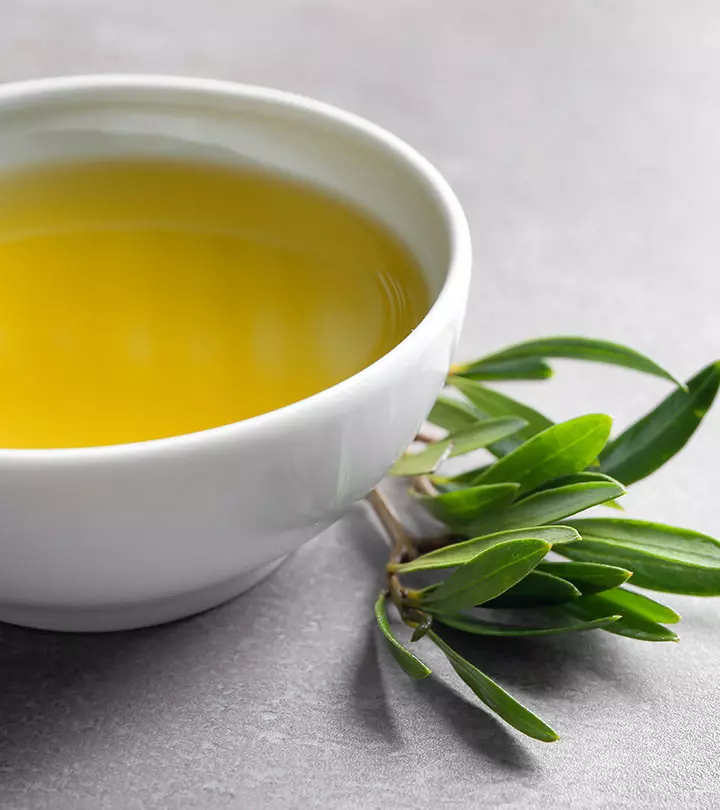
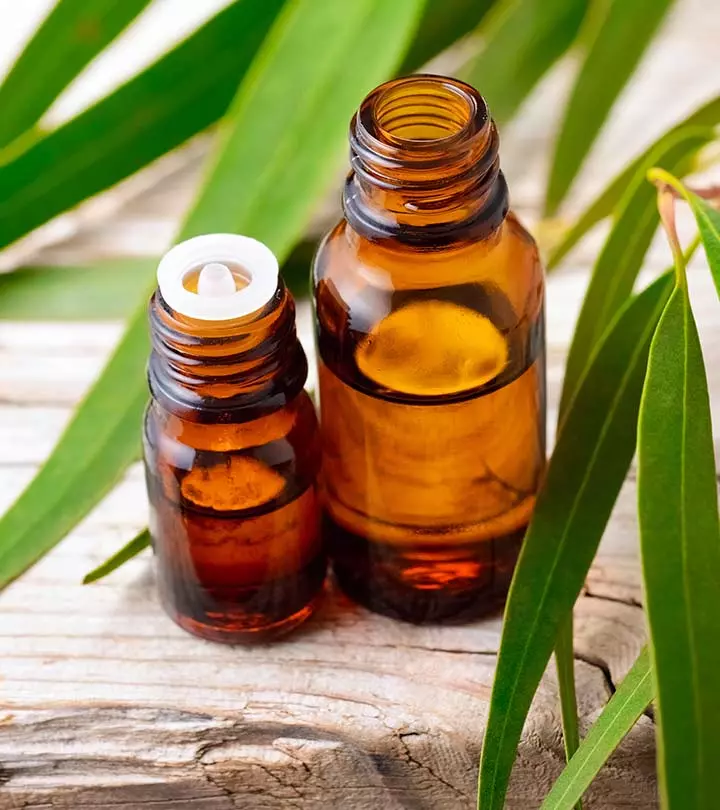
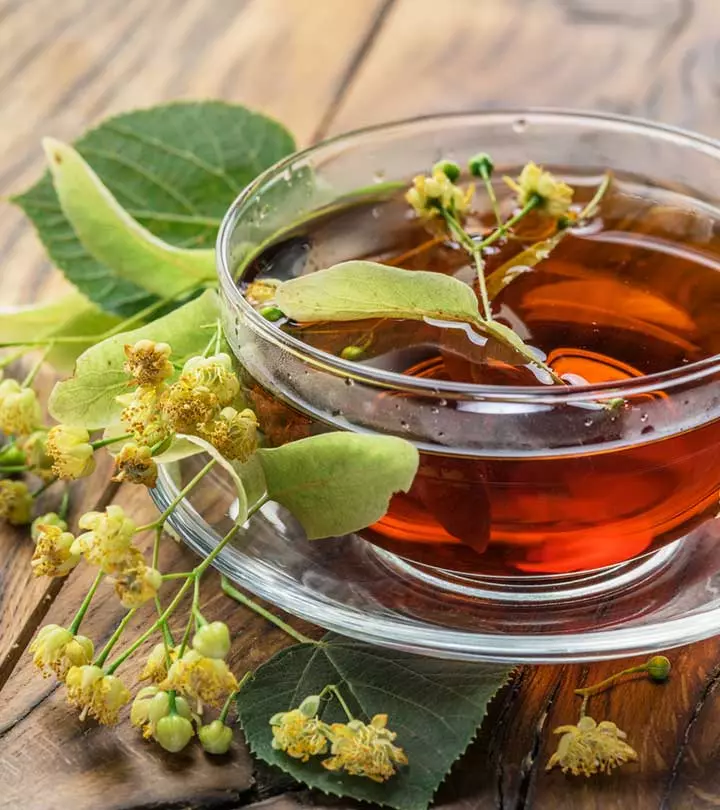
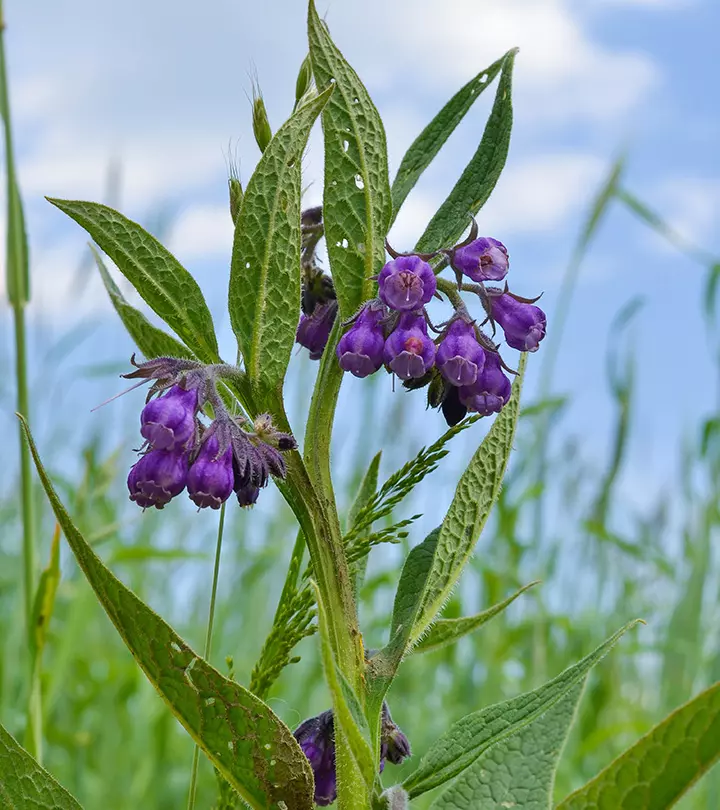
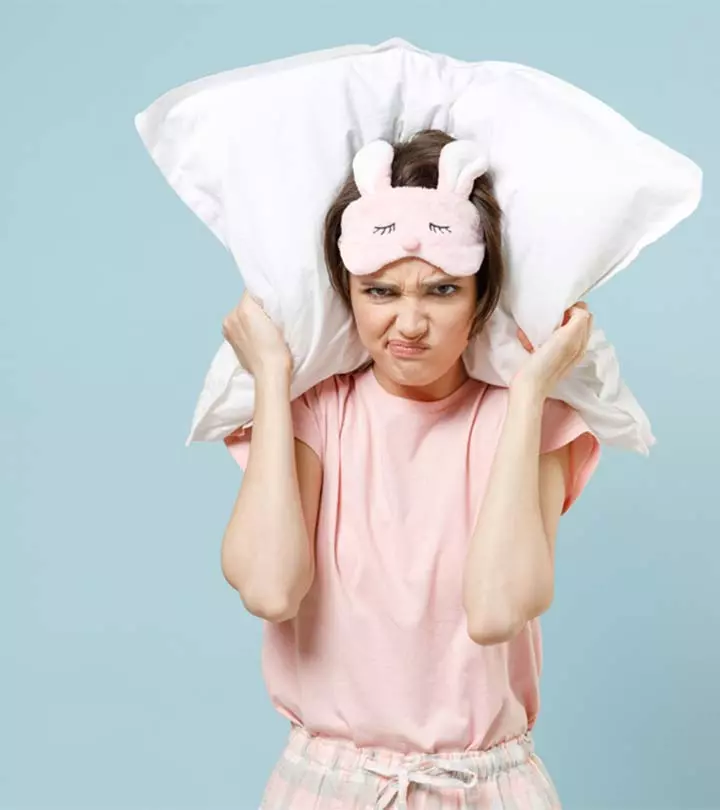
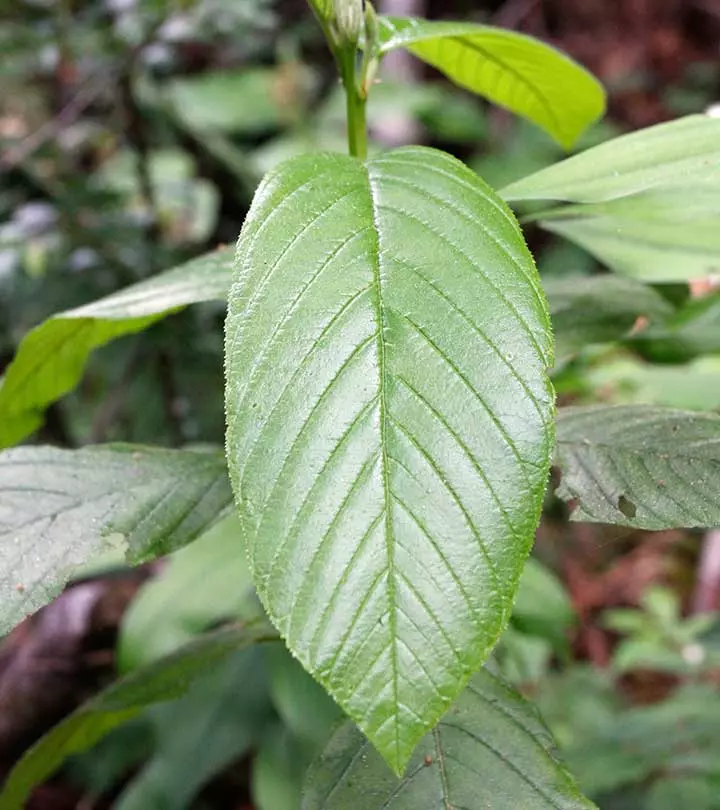

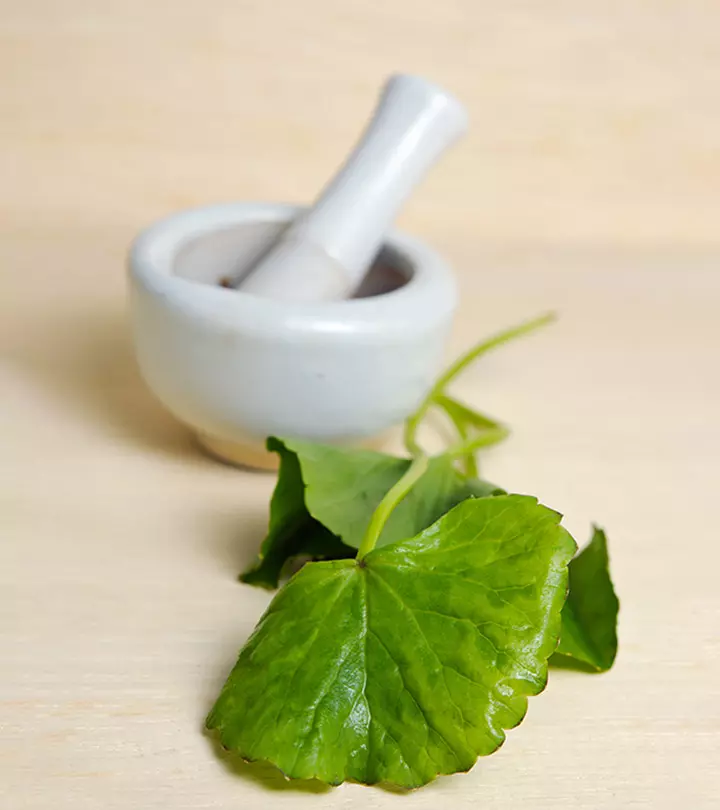
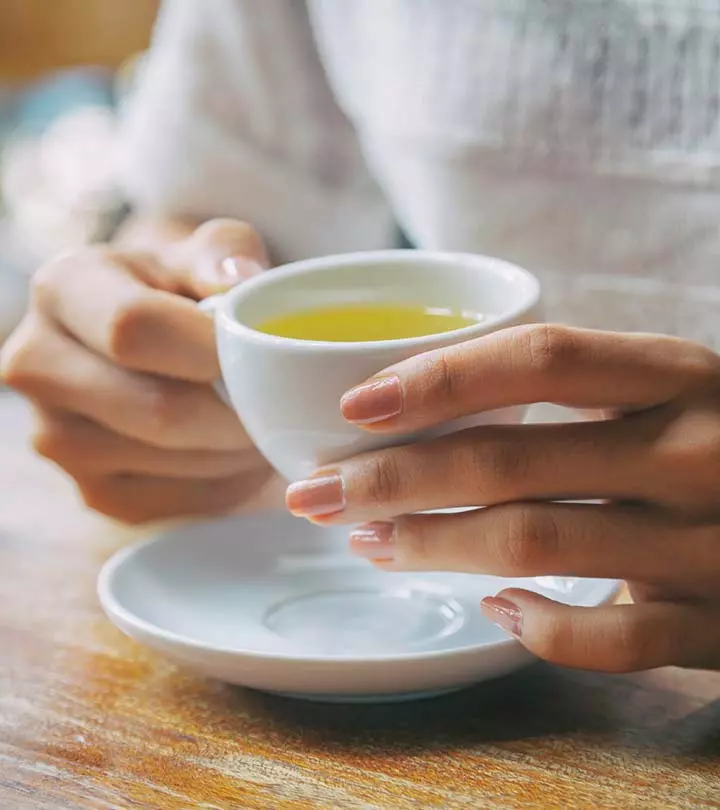
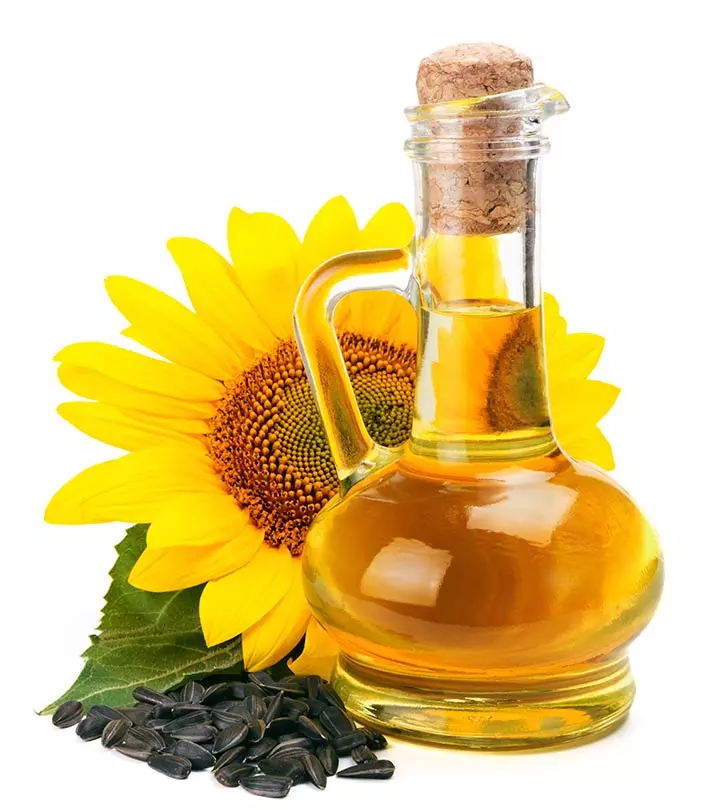
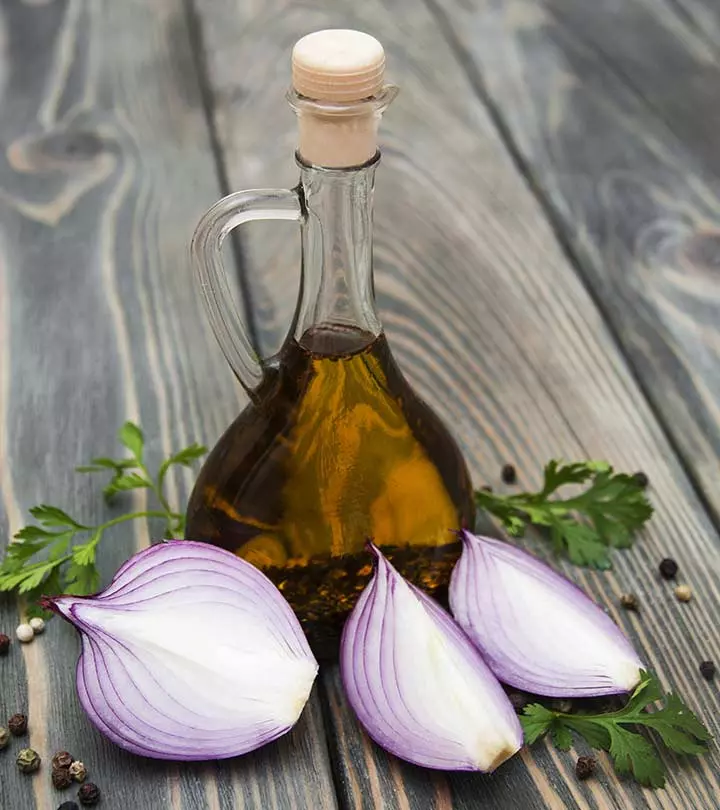
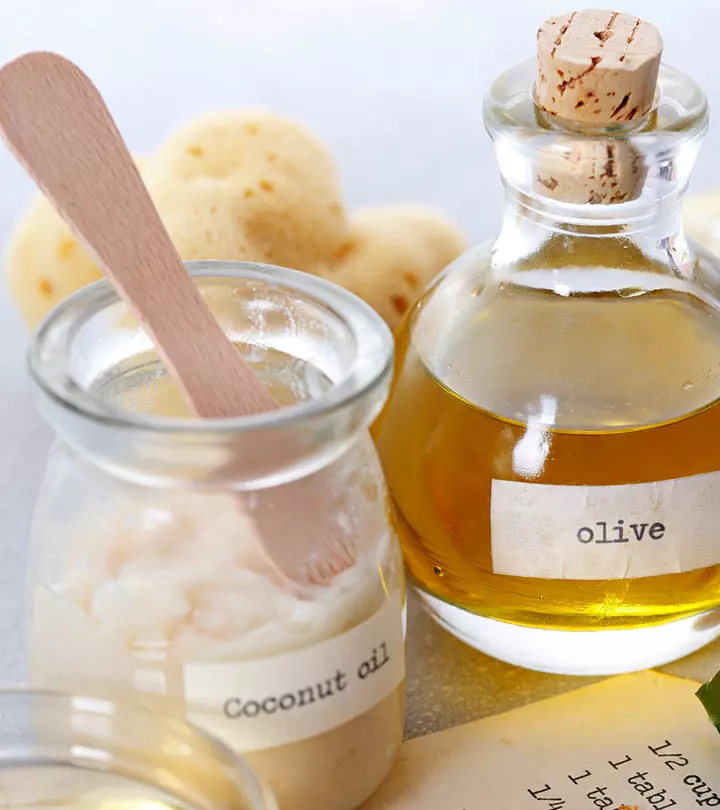
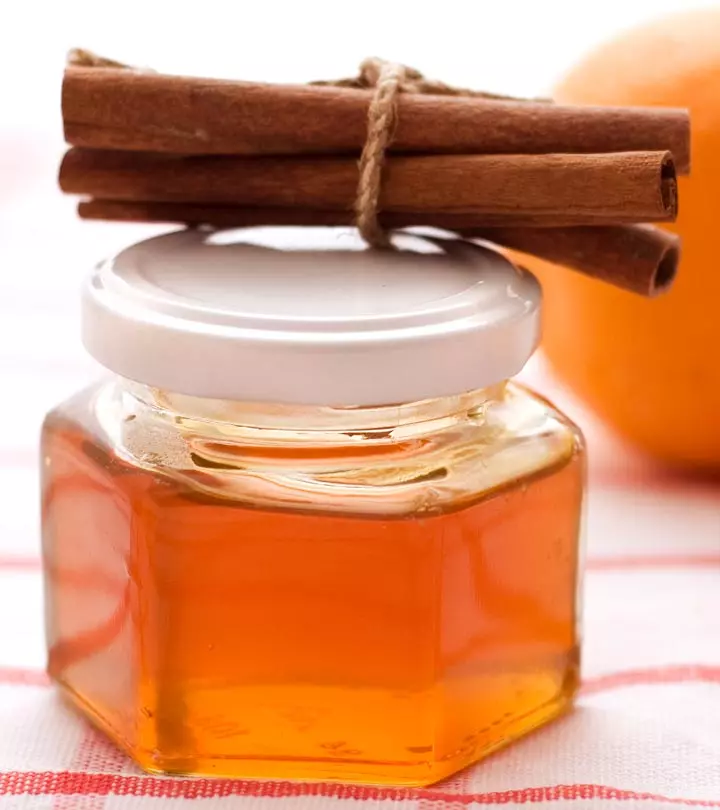
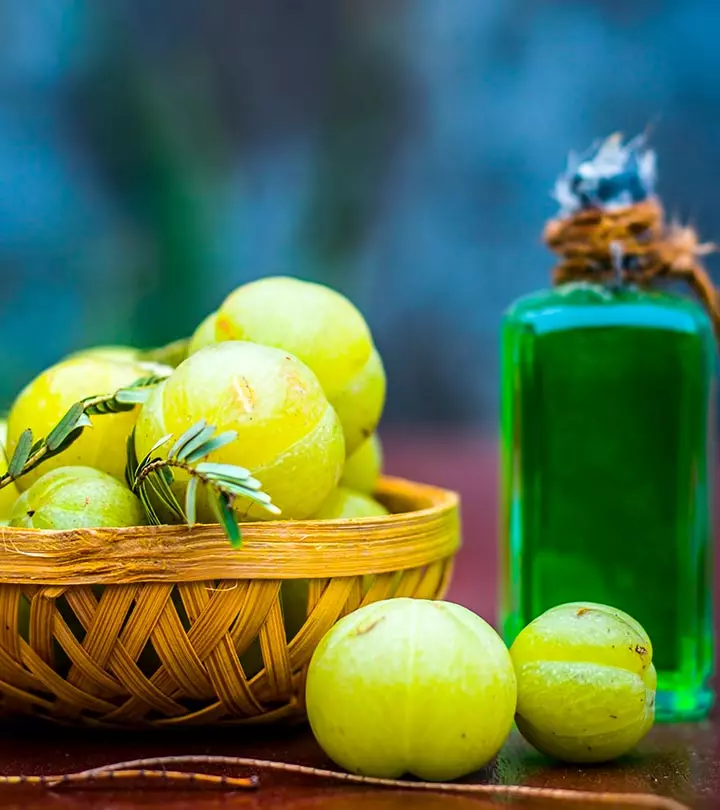
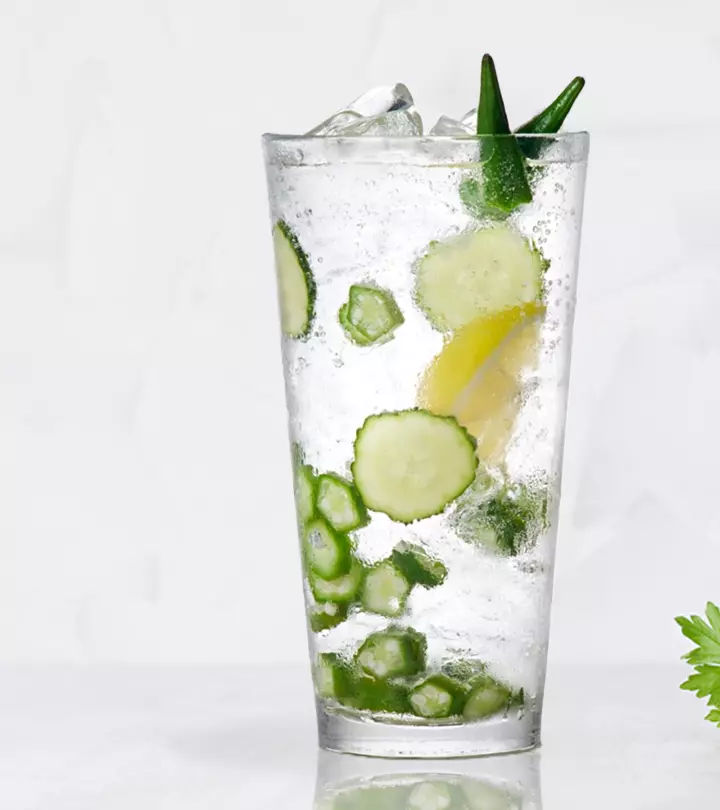
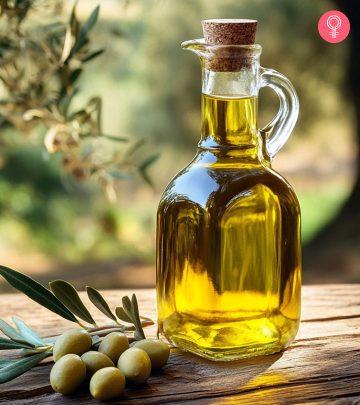
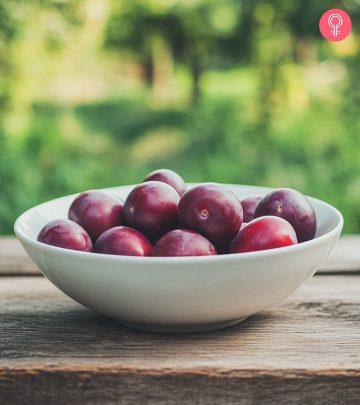
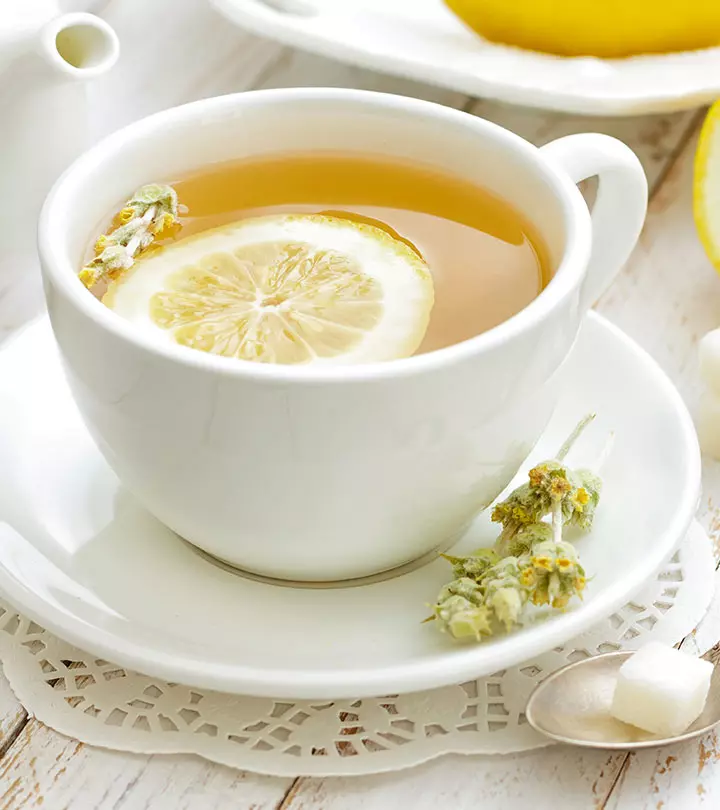
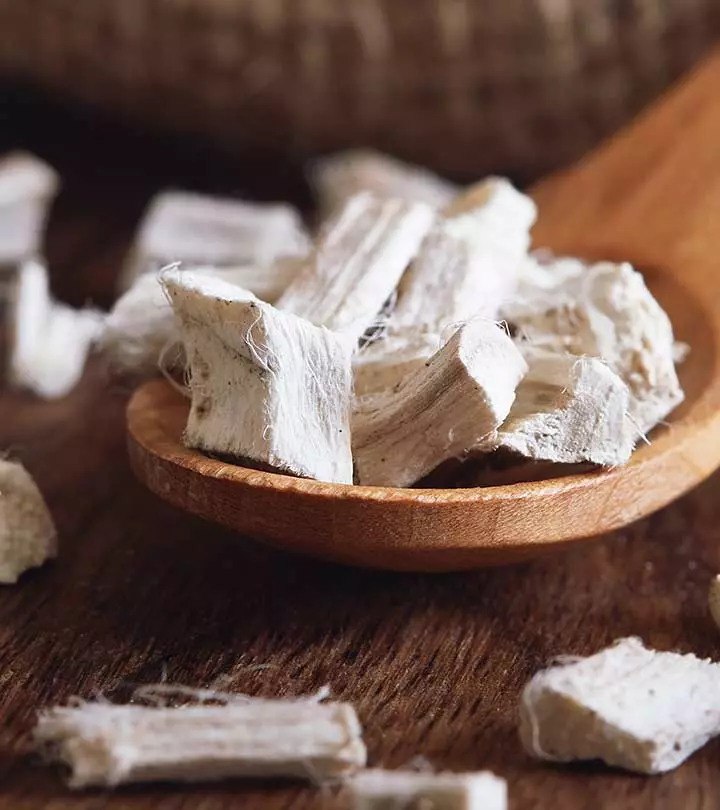
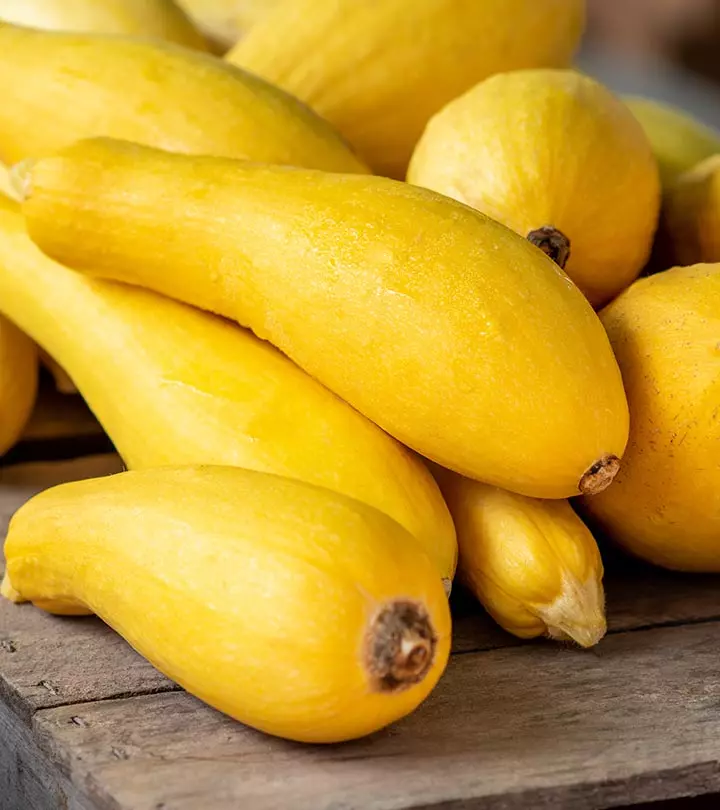
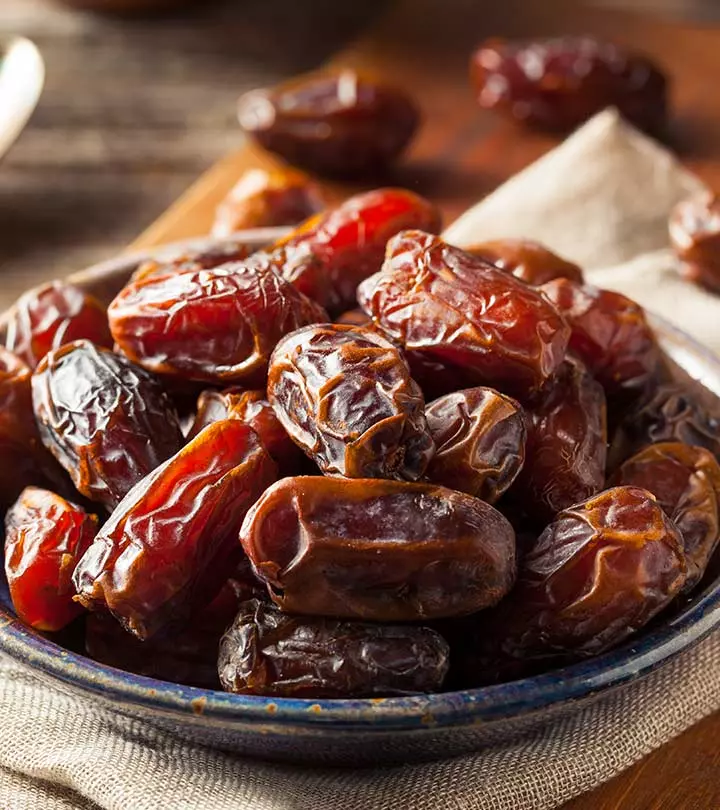
Community Experiences
Join the conversation and become a part of our empowering community! Share your stories, experiences, and insights to connect with other beauty, lifestyle, and health enthusiasts.